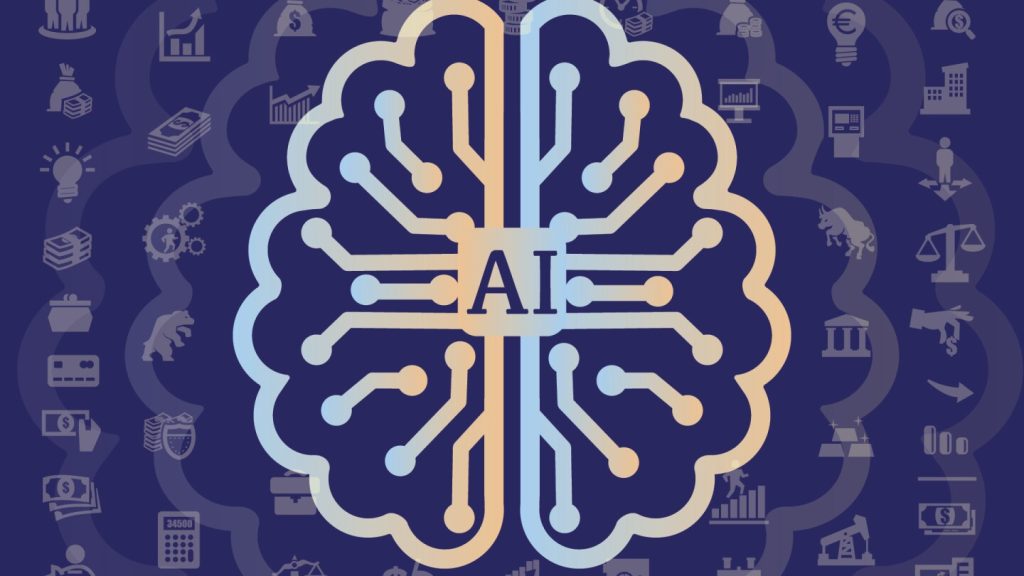Q: What specific trends do you foresee for AI in 2025?A: In 2025, we expect AI adoption to continue on an upward trajectory, with more companies fully integrating AI into their workflows and products. We also anticipate a greater emphasis on scaling AI capabilities, moving beyond just proving its value to actually implementing it on a larger scale. Additionally, we predict that generative AI will play a significant role in personalizing consumer experiences and shaping product development strategies. Overall, AI is becoming a critical component of business operations and strategies, with CEOs recognizing its potential to drive fundamental shifts in their business models.
Q: How important is it for companies to approach AI adoption responsibly?A: It is crucial for companies to approach AI adoption responsibly, considering the potential risks and challenges associated with this technology. Companies must ensure that AI technology is mature and reliable, especially when it comes to customer-facing applications, to avoid issues such as providing incorrect information to customers. It is also important to protect internal data and ensure that it is not inadvertently used to train large language models. On the other hand, there is also a risk of falling behind by not moving quickly enough. Companies that embrace AI early and in a trustworthy manner are more likely to gain a competitive advantage and stay ahead in the rapidly evolving AI landscape.
Q: What role does the Chief AI Officer play in guiding companies through the adoption of AI?A: The Chief AI Officer, such as Dan Priest at PwC, plays a crucial role in guiding companies through the adoption of AI by providing expertise and strategic insights. The Chief AI Officer works with companies across various industries to help them integrate AI into their operations and future business models. By leveraging AI impact analysis and strategies, the Chief AI Officer ensures that companies tap into AI’s full potential responsibly and effectively serve their clients. This leadership role is essential in driving AI adoption and ensuring that companies can navigate the challenges and opportunities that AI presents.
Q: What are some examples of how companies are using AI in their business strategies?A: Companies are increasingly using AI to personalize consumer experiences and drive innovation in product development. For example, in the cruising sector, companies can use generative AI to create personalization engines that cater to individual preferences. This allows companies to offer personalized products and services based on consumer preferences, such as luxury products and food options. AI is also being integrated into various aspects of business strategies, not just as a tech initiative but as a way to adjust and evolve business models. CEOs recognize the transformative potential of AI and are leveraging it to drive strategic shifts in their organizations.
Q: What are some key considerations for companies as they navigate AI adoption?A: Companies should consider the maturity level of AI technologies they are implementing, particularly when it comes to customer-facing applications. Ensuring that AI technology is reliable and ready for prime time is essential to avoid potential risks and challenges. Companies also need to move quickly in adopting AI to stay competitive and avoid falling behind. Embracing AI early and in a trustworthy manner can position companies as leaders in their industries and drive long-term success. Overall, responsible AI adoption involves balancing the opportunities and risks of this transformative technology to drive sustainable growth and innovation in businesses.















